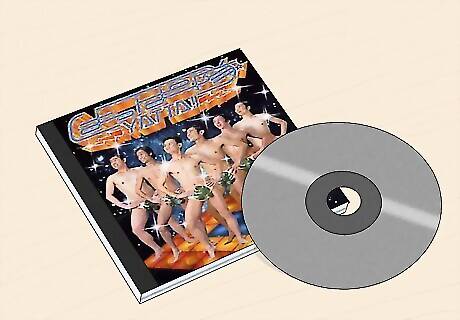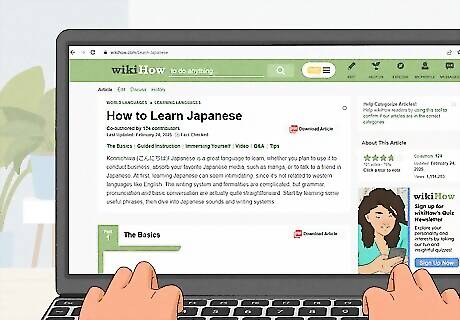
views
What does “yatta” mean in Japanese?

Yatta means “Hooray!” or “I did it!” In Japanese, “yatta” (やった) is an exclamation that expresses happiness or excitement. It roughly translates to “Hooray,” “Yay!” “Yes!” “I did it,” “It’s done,” or “Ready.” It is the past tense of the verb “yaru (やる),” which means “to do.” Yatta is often said when something unexpected or wonderful happens or when someone successfully completes a task. According to some, the phrase used to be reserved for when something really incredible happened, but now people use it for any happy turn of events. For example, a child might shout “Yatta!” when they find out their parents are taking them on an exciting vacation.
How to Use “Yatta”

Use “yatta” to express excitement or success. “Yatta” is an interjection that Japanese people often use to show their happiness or excitement about a given situation. It also translates to “I did it” or “It’s done” in English, so it can also be used to express happiness upon completing a task or project. Here are some examples of how to use it in a sentence: “Yatta! Our team just hit a home run!” “Yatta! My English essay is finally done!” “I just defeated the final boss! Yatta!” “Yatta! I’ve found it!” “The pizza is ready! Yatta!”
What is the “Yatta!” song?

“Yatta!” is a parody song by the fictional Japanese boy band Happa-tai. “Yatta!” was released on April 4, 2001, and was first performed as a sketch on the Japanese sketch comedy show, Adventures of a Laughing Dog, known as Silly Go Lucky in the United States. The song hit No. 6 on the charts and went triple-platinum in Japan. It also gained popularity outside of Japan, and the group even performed “Yatta!” in the US on Jimmy Kimmel Live.
More Japanese Words & Phrases

Want to learn more Japanese words and phrases? We’ve got you covered with articles that provide translations and language-learning tips! Check them out below: How to Say “Hello” in Japanese How to Say “Bye” in Japanese How to Say “Thank You” in Japanese How to Say “Happy Birthday” in Japanese How to Introduce Yourself in Japanese How to Learn Japanese


















Comments
0 comment